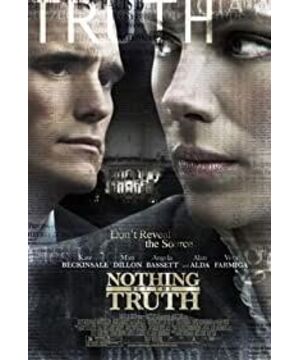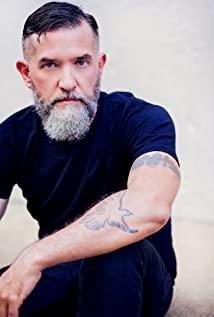As a former or current journalism student, this movie actually has no more special meaning to me. Everyone knows that the justice or injustice in the movie belongs to another country and has nothing to do with the country where we live. Some people will say, ah, democracy is like the other side of the Pacific. It turns out that we are only 50 steps and a hundred steps. Fifty steps and one hundred steps are exactly what I want to say.
Watching this movie, the intuitive feeling is the power of the machine. This is not surprising. Regardless of government conspiracy theories or fair law enforcement, in fact, a powerful state apparatus is shrouded in people. The simplicity and brutality on this land can be an oppressive mental oppression on the other side. In short, machines have the wisdom and ability to solve small and weak individuals. The world is becoming more and more conservative. If Rachel’s incident happened decades ago, the process and results would probably be very different. In our land, the worship of power has always been public, but in other places, it has become a trend. The overpower of the state apparatus puts the various principles of the so-called news media at risk. The state can destroy these principles at any time as long as it needs to, using various open or hidden methods. The state will allow people to admit their mistakes, but the state cannot be wrong. In the face of such a strong will, how can a Rachel resist, and what about Pulitzer? People are always behind public opinion, so they can all be controlled.
The difference between fifty steps and one hundred steps is that there is still a distance of those fifty steps. This is the difference between a mouth growing on oneself and someone else. In this one hundred steps of land, the mouths can only speak the part that is allowed to say; while in the fifty steps of the land, the mouths can speak their own words, although it may be a flick. Is Rachel looking for smoke?
At the end of the movie, it was pointed out that the little girl was the "informant" who had been traced for a long time. I thought it was a bit redundant. Is Rachel's persistence out of professional ethics or out of a commitment and warmth? Maybe both. It is this combination that makes the movie chaotic, makes Rachel questioned by people, and disperses what the director wants to express (or what the director wants to express is only the ethical level?).
Another dissatisfaction with the director is that he was too cruel to push Rachel into a desperate situation: the indomitable questioning of the state machine, the harsh environment of his own, the premature betrayal of her husband, the painful separation from her son, and the CIA girl The moral pressure of the agent’s killing...this puts Rachel into an awkward situation of “only principles”. As a mother, she must be responsible for her son, and when a person is responsible for others, her She cannot be the only motive.
What impressed me most in the whole movie was the passage that Rachel’s lawyer said in the U.S. Supreme Court: In the 1972 "Bradsburg v. Hayes" case, it was this court that violated the guarantee of reporters. The right to refuse to disclose the names of their intelligence agents before the grand jury gave the government the power to imprison all these journalists who refused to disclose the source of the information. The verdict is based on a close vote of 5:4. Judge Stewart in the "Brazberg Case" once said: "With the passage of time, the power in the hands of the government has penetrated into every corner. These people in power, regardless of party or affiliation, just want to make themselves immortal, and the people It is the ultimate victim. After many years, such power has been abused more and more.” Ms. Armstrong, who could have compromised in the struggle with the government, could have given up her principle of keeping secrets, could have simply returned to reunite with her family. But if you do, it means that no one will provide any information to her; no one will provide any information to her newspaper. Then, tomorrow, when we arrest other newspaper reporters, we let these newspapers lose all sources of information, which is equivalent to ignoring the existence of the First Amendment. Then how can we know whether a president is covering up his guilt? Does an officer abuse prisoners? As a country, when we no longer have the ability to restrain the power in the hands of those in power, when the government no longer fears any responsibilities, what kind of country will it become? This deserves our serious consideration. Imprisoning reporters? It is aimed at other countries, countries that fear her people, not countries that want to cherish and protect her people. Not long ago, I began to feel the human pressure from the Rachel Armstrong case. I once told her that I only represented her, not her principles. It was not until I saw her again that I realized that for a truly great person, there is no difference between individual and principle.
But the result is still a 5:4. The role of justice and impassionedness is limited to moving people, but not necessarily moving the results. Just like in reality, we still have to face all lies and false words. Fan once wrote about her encounter with Dan Rather in the elevator in the rain in Boston. When a Chinese junior looks at the American old man with reverence, why is he troubled by himself?
View more about Nothing But the Truth reviews











